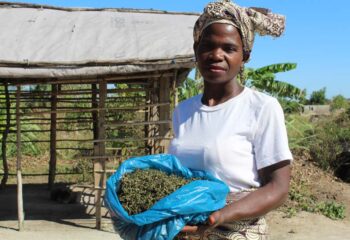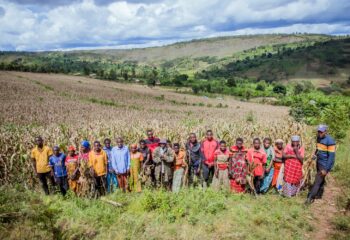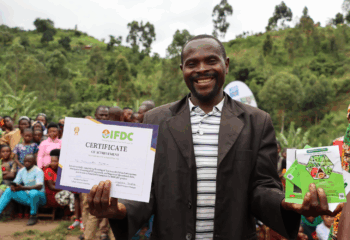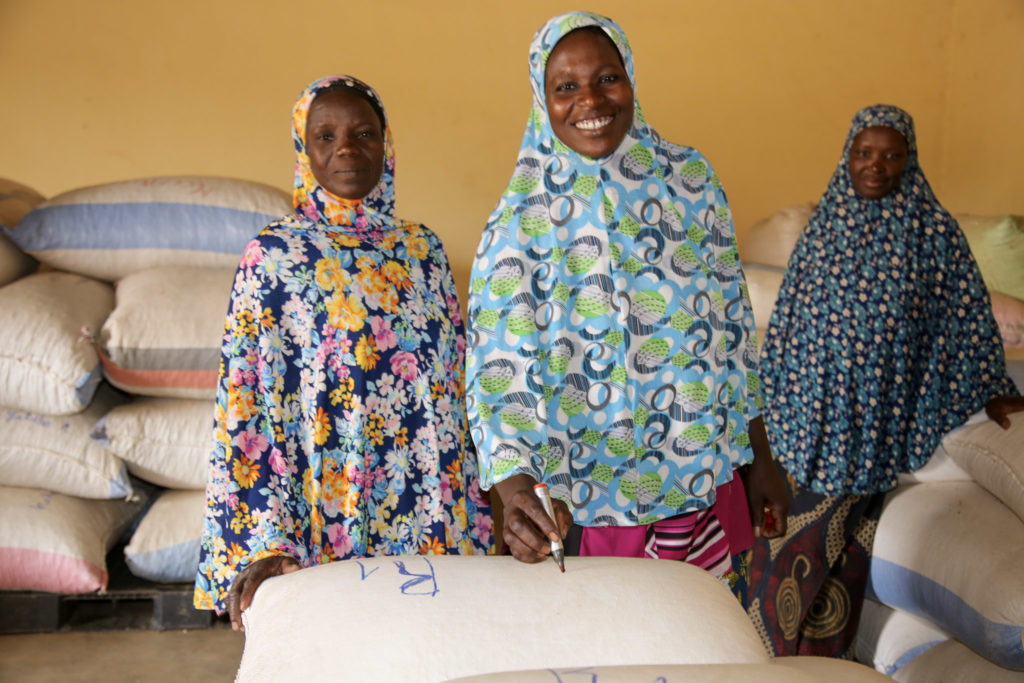
The Benkelema Cooperative of Ouré is a group of producers in Bougouni, Mali. This cooperative is working with the Feed the Future Mali Sènè Yiriwa Agricultural Production Activities of Sikasso project. The cooperative is composed of 120 members, 10 of whom are men. Sangaré Lala Doumbia, the president of Benkelema Cooperative, proudly discusses the group’s activities.
My name is Sangaré Lala Doumbia. I am the president of the Benkelema Cooperative of Ouré in Bougouni. Our cooperative has been collaborating with Feed the Future Mali Sènè Yiriwa for one-and-a-half years, and this has brought us tangible changes. To begin with, our cooperative is much more active, and the members are committed. The cooperative is composed of 120 members, 10 of whom are men.
Thanks to Feed the Future Mali Sènè Yiriwa and the training on cooperative organization, management, and marketing, just to name a few, we now hold regular monthly meetings. The members of the cooperative pay their dues on time. And we are able to look for buyers for our production.
This year, the cooperative has produced 4 metric tons (mt) of corn, 100 50-kg bags of groundnut, 10 mt of cowpea, and 1 mt of sorghum.
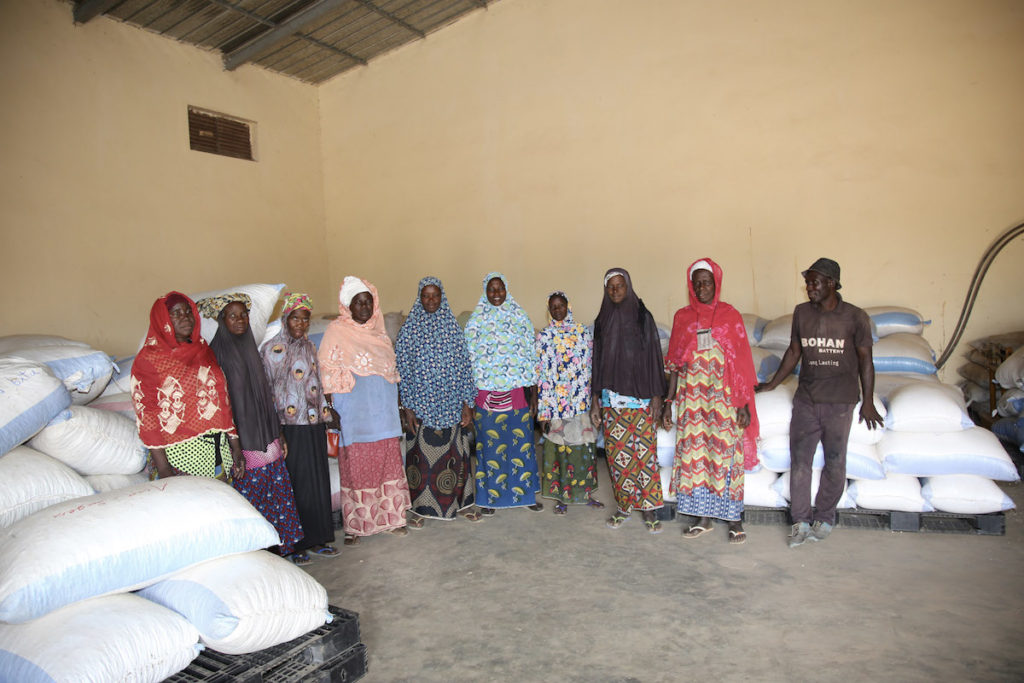
Feed the Future Mali Sènè Yiriwa guided us in designing a plan for a market gardening project, which we then submitted.
In addition to all that, this project has trained us on many other subjects. I was trained on digitalization, market gardening, setting up seedbeds, and making compost. The compost has been beneficial for the growers. Many producers had not been able to buy fertilizer in the market. It was very expensive and scarce. However, those who made the compost were able to get by. All the elements for compost – manure plant materials, and wood – are available locally and at zero cost. Compost is a product that restores soil nutrients and ensures healthy crops. Feed the Future Mali Sènè Yiriwa also taught us how to raise small ruminants and poultry.
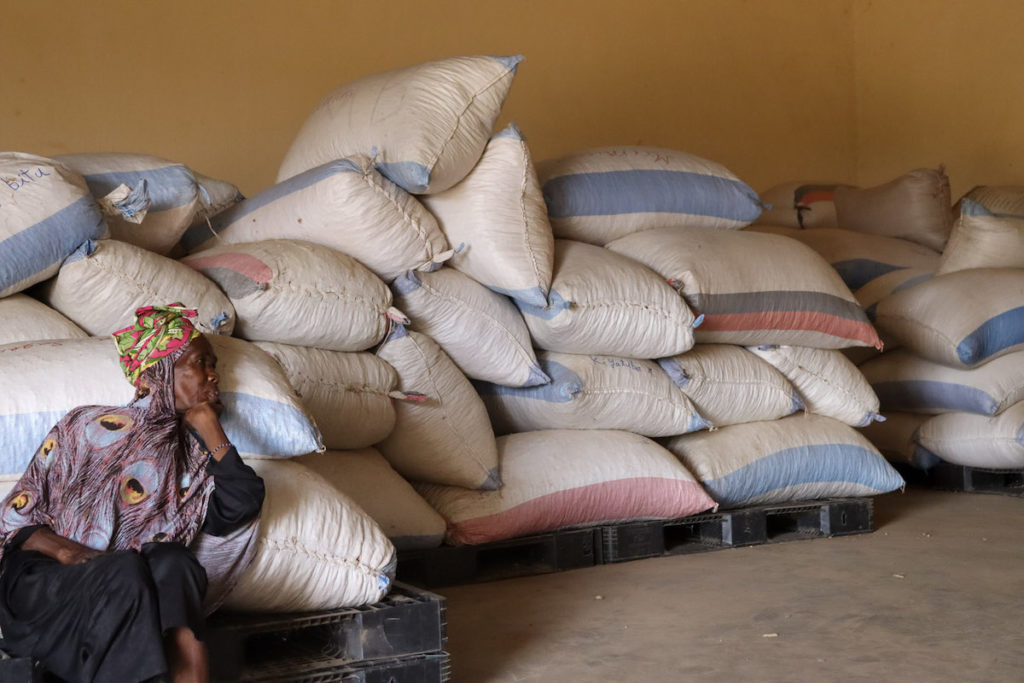
The value chains we are working in are cowpea, corn, sorghum, and millet. In 2022, the project gave us cowpea and maize seeds and taught us how to produce improved seed.
We used to broadcast fertilizer before plowing the field, but the project taught us microdosing and fertilizer deep placement. These techniques reduce the amount of fertilizer needed.
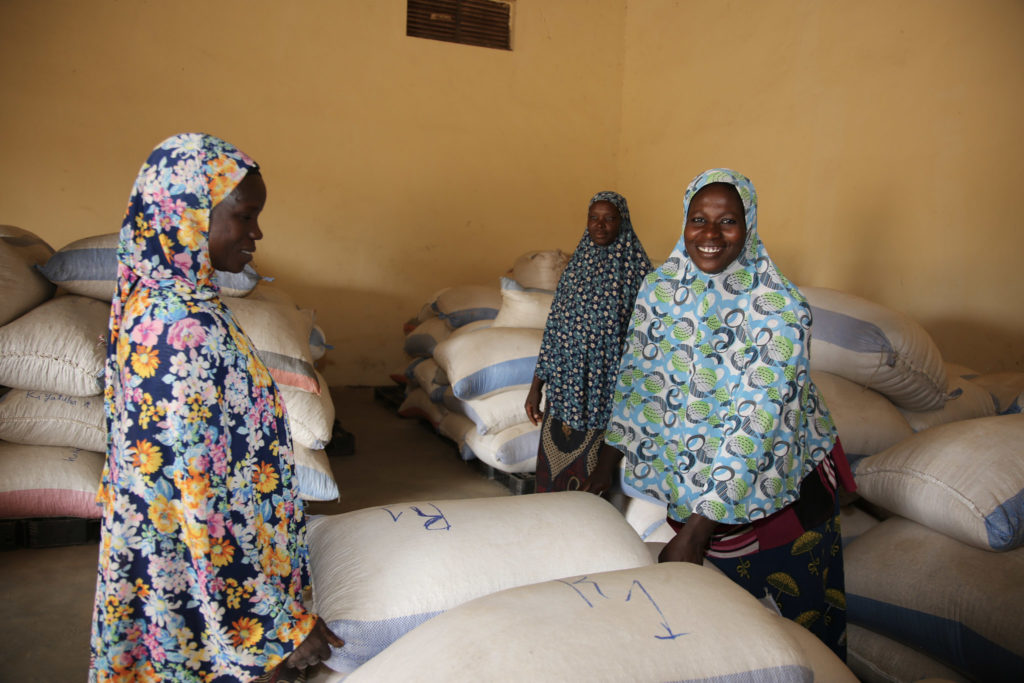
For example, those who used five 50-kg bags before ended up only needing two bags with this. So, we have significantly reduced our expenses while making better profits due to the good harvest and improved market access.
More about the Feed the Future Mali Sènè Yiriwa Project
Funded by the U.S. Agency for International Development (USAID), the Feed the Future Mali Sènè Yiriwa Agricultural Production Activities in Sikasso project is implemented by RTI International, in collaboration with its consortium partners: Association des Organisations Professionnelles Paysannes (AOPP), Interchurch Organization for Development Cooperation (ICCO), IFDC, Institut Polytechnique Rural de Formation et de Recherche Appliquée (IPR-IFRA), North Carolina Agricultural and Technical State University, and Vétérinaires Sans Frontières (VSF).
The Feed the Future Mali Sènè Yiriwa project’s objective is to sustainably scale up the productivity of key value chains, leading to better consumption of nutritious food and resilience of farm households. This is achieved through a farmer-centered approach, which capitalizes on existing producers.

